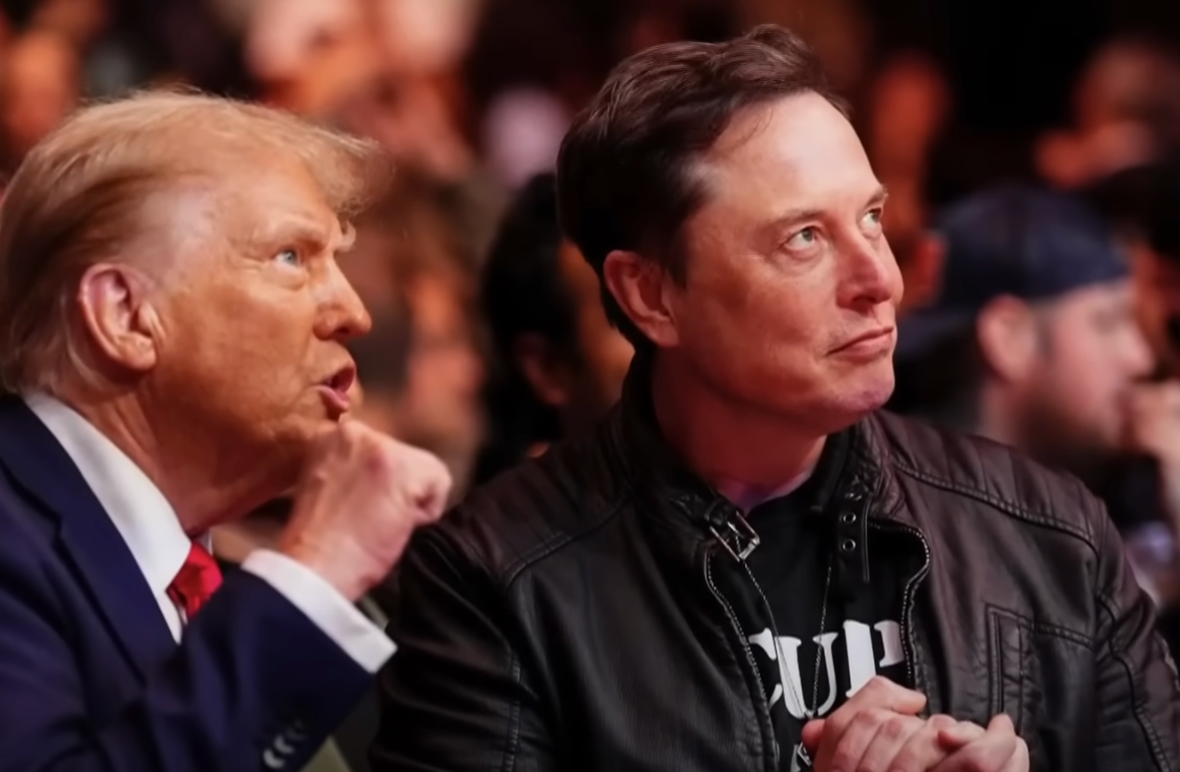5G Technology
Business Uncertainty Soars as Constant Policy Shifts Keep Markets on Edge

Source: YouTube
The constant back-and-forth on government policies has left businesses scrambling for stability. From sudden tariff announcements to chaotic federal employee firings, these uncertainties prevent companies from planning ahead. As a result, many are holding back on investment and hiring, while the stock market remains highly volatile. Every time the U.S. government announces a new policy shift or reverses a previous one, businesses and investors are left guessing what comes next.
Policy Shifts on Tariffs Keep Businesses Guessing
President Trump’s latest policy shifts on tariffs have only added to the confusion. Just this week, he announced steep new tariffs on Canada and Mexico, only to partially walk them back two days later. This follows a pattern of erratic trade moves, where businesses are left guessing whether they need to shift supply chains or eat higher costs.
For companies that import goods, these policy shifts create a nightmare. Business owners are struggling to set prices, plan inventory, and determine long-term strategies. Some, like ergonomic furniture maker Marc Rosenberg, have already reduced shipments from China, unsure of what tariffs will look like next month. Others are holding off on major investments until the government provides clear and consistent policy direction.
The ripple effect of these policy shifts extends beyond manufacturers. Retailers relying on imported goods are facing cost fluctuations, making pricing strategies difficult. Exporters, too, worry about retaliatory measures from foreign governments, which could shrink their market access. This ongoing unpredictability stifles growth across multiple sectors, as businesses cannot afford to take risks in an uncertain environment.
The Stock Market Keeps Reacting to Policy Shifts
Investors are also feeling the impact of these policy shifts. The latest tariff flip-flop sent the Nasdaq tumbling 2.5%, while the Dow Jones fell to a four-month low. Stocks briefly rebounded on reports of a tariff exemption, only to plunge again when Trump hinted at another round of trade restrictions.
The unpredictability has led to major sell-offs in key sectors, especially technology and manufacturing. Analysts warn that if this pattern of policy shifts continues, it could push the U.S. economy toward recession. With inflation still a concern, businesses and consumers alike are growing wary of making big financial commitments.
Market analysts stress that investors require stability to make informed decisions. Frequent reversals in government policies make long-term investing riskier, driving many to pull their money out of volatile markets. A clearer economic strategy would help restore confidence and prevent knee-jerk reactions that contribute to market downturns.
Federal Firings Adding to the Chaos
Beyond tariffs, another major source of instability has been the ongoing policy shifts surrounding the federal workforce. The Department of Government Efficiency (DOGE), led by Elon Musk, initially fired thousands of employees, only for some to be reinstated after legal challenges. The back-and-forth has created uncertainty for government contractors and agencies that rely on consistent staffing levels.
After weeks of confusion, Trump clarified that Cabinet secretaries—not Musk—would have final say over hiring and firing decisions. But even that statement came with a caveat: if secretaries fail to make cuts, Musk will still step in. These conflicting policy shifts have left many wondering whether the government’s employment policies will remain in flux.
Many federal employees are now living with the fear of job insecurity. Some who were fired and later reinstated are hesitant to return, worried that another shift in policy could remove them again. Contractors that depend on federal agencies for business contracts are also delaying expansion plans, unsure of what future workforce reductions could mean for them.
Will the U.S. Restore Stability for the Sake of Businesses?
Businesses, investors, and workers are all looking for some level of predictability. Without it, companies may continue delaying investments, and markets could remain unstable. Trump has promised to hold biweekly meetings with his Cabinet to provide clearer guidance, but whether that will bring real stability remains to be seen.
For now, businesses are left waiting. Will the government stick to its policies, or will another reversal send industries scrambling once again? If these erratic policy shifts continue, the long-term economic damage could be severe.




1 Comment
Maybe next time consider voting for a More Stable Genius for President.